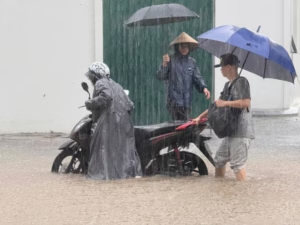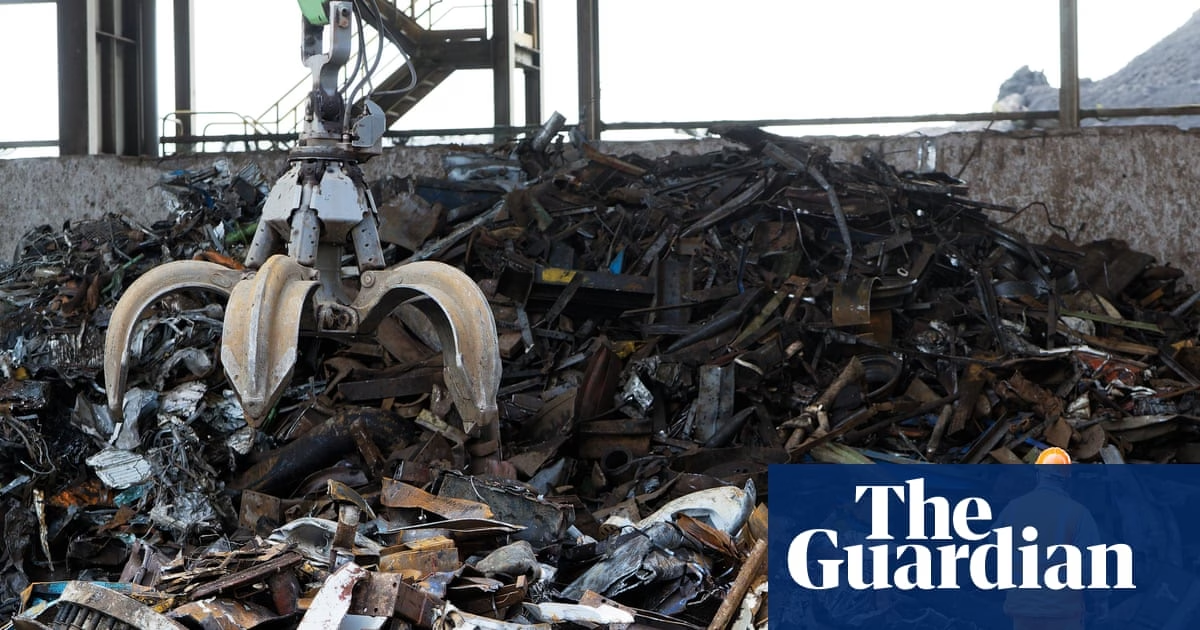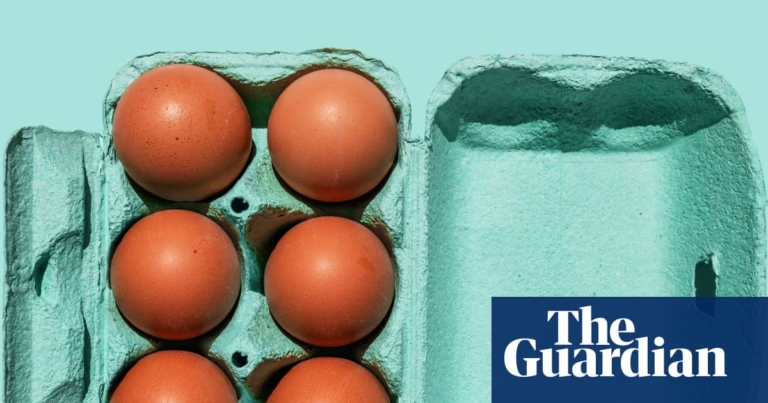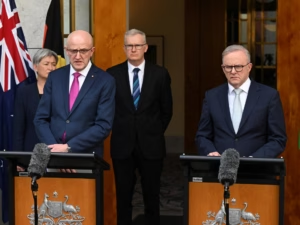Metals recyclers are in conflict with the British steel industry over a proposal to restrict the export of lucrative scrap metal, aiming to preserve it for UK steel furnaces. The British Metals Recycling Association (BMRA) argues that a ban on exporting scrap steel to less affluent countries could lead to a £5bn economic loss and jeopardize up to 20,000 jobs. UK steelmakers, however, are keen to preserve the metal for recycling into new steel.
Most of the 5.6 million tonnes of steel produced in the UK in 2023 was created in Port Talbot and Scunthorpe, using carbon-intensive blast furnaces that depend on iron ore extracted from the ground. Both sites are set to upgrade to cleaner electric arc furnaces (EAFs), which utilize more environmentally friendly technology to melt scrap steel.
Currently, four-fifths of the UK’s scrap steel, sourced from old cars, buildings, and bridges, is exported via scrapyards and is often melted down in EAFs overseas. However, UK Steel, a trade group, is advocating for the government to limit this trade, anticipating a 70% surge in scrap demand by 2027 as Port Talbot, owned by Tata Steel, transitions to a new EAF. The group projects a tripling of demand by 2050 compared to 2023 levels.
UK Steel is urging ministers to impose limits on exports to countries outside the Organisation of Economic Cooperation and Development (OECD). According to UK Steel, these countries can demonstrate their ability to manage waste sustainably. However, at present, four out of the top five destinations for UK scrap metal exports are non-OECD countries, making it difficult for them to prove their environmental credentials.
A Sheffield Hallam University analysis for the BMRA indicates that such limits could cause the gross value added (GVA) from recycling to decrease by half. James Kelly, the CEO of the BMRA, stated that restricting exports would harm the sector’s fundamental economics in a globally competitive environment. He emphasized the importance of exports for the UK metals recycling industry and warned that stifling exports could hinder the industry’s growth, which currently employs over 15,000 people and generates £9bn in GVA per annum.
Professor Will Eadson from Sheffield Hallam University advised careful consideration of measures aimed at curbing overseas trade, cautioning that while quotas and bans may reduce exports, they come at a cost to the overall value of the sector.
A UK Steel spokesperson clarified that the proposals aim to ensure the availability of high-quality steel scrap for the UK’s transition to net-zero steelmaking. They emphasized the need for a balanced system of environmental regulation to ensure that exported UK scrap is processed to the same high standards upheld in the UK, without advocating for an export ban.
Source: https://www.theguardian.com/business/2025/aug/26/calls-for-limits-on-scrap-steel-exports-to-boost-uk-furnaces







